Being a gamer and a feminist can be confusing, or seem contradictory in some communities, but it doesn’t have to be that way – if anything, loving games and wanting to think more critically about them is a great entry into feminism (as is loving books, movies, or any other sort of media).
Here are some recommended texts, videos, and resources for being a well-informed feminist gamer:
We Should All Be Feminists (Chimamanda Ngozi Adichie)
Adichie’s excellent and very digestible book (as well as the eloquent and charming TED talk that inspired it) is one of the best introductions to feminism that you can find in 2015. It simultaneously celebrates, uplifts, and demystifies feminism, making it accessible and attractive to everyone (which is probably why Sweden elected to give a copy to every 16 year old student).
Pick it up on Amazon: We Should All Be Feminists
Feminist Frequency
It almost goes without saying, but I would be terribly remiss if I didn’t mention Anita Sarkeesian and Feminist Frequency. I don’t need to comment on any of the controversy surrounding her or her video series, Tropes vs. Women in Video Games, because others have done a better job elsewhere, but she has to be included in any conversation about gaming and feminism because, well, no one else is really what she’s doing.
Her videos break down some of the issues with modern gaming and do a good job of applying basic feminist media criticism to games in much the same way that it has been applied to books and movies for half a century. The videos can be a little dry, but they’re an excellent resource regardless.
The Will to Change: Men, Masculinity and Love/Feminism is for Everyone (Bell Hooks)
All of Bell Hooks’ works are great for feminists, new and old, especially Feminism is for Everyone, which is one of the best introductory texts you can possibly read. She also has a lot of really excellent lessons for men who want to be feminists, and is very understanding of how the patriarchy can hurt them as well. Here’s a relevant excerpt:
“The first act of violence that patriarchy demands of males is not violence toward women. Instead patriarchy demands of all males that they engage in acts of psychic self-mutilation, that they kill off the emotional parts of themselves. If an individual is not successful in emotionally crippling himself, he can count on patriarchal men to enact rituals of power that will assault his self-esteem.”
Pick it up on Amazon: The Will to Change: Men, Masculinity and Love
GeekFeminism Wiki
This is a great resource overall, with links to just about every conceivable conversation you might want to have about feminism or any term that you might be hung up on, but it’s especially useful for its list of Feminism 101 topics. It’s also one of the few places where you’re going to be able to get a good grasp on the
John Scalzi

John Scalzi, super-nerd and author of beloved science fiction works like Redshirts and Old Man’s War, does a really great job of demonstrating how to be a good feminist even if you happen to be a privileged white dude. His best post on the subject is White Male: The Lowest Difficulty Setting There Is, but his blog and Twitter feed are full of wisdom and good conversations about
Angry Jack Video Series (InnuendoStudios)
This is a six-part series that unpacks a lot of the anger that a certain segment of the online population has toward feminists and women in general, especially certain figureheads (Anita Sarkeesian is mentioned several times).
It’s not terribly academic, and it makes a lot of assumptions, but the series does a good job of addressing the atmosphere of anger surrounding these conversations and correctly identifies the source of a lot of frustration. If you’re looking for some lighter fare, this is a good place to start and to get the gears turning on feminism in gaming.
Check it out on YouTube: Angry Jack
A Cyborg Manifesto (Donna J. Haraway)
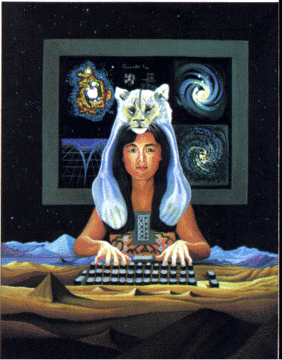
Haraway is a professor of feminism and women’s studies and an absolute luminary in the field, notable for her insightful and ground-breaking writing on the intersection of feminism, science, technology, and information.
Haraway is a brilliant theorist, but a consummate academic, and her work can sometimes be inaccessible, but if you’re willing to put the time in, this is a great way to drill down on important questions about women and feminism in technology (and gaming).
Download a free PDF from Georgetown University or pick up the full book on Amazon: Simians, Cyborgs, and Women: The Reinvention of Nature
Unlocking the Clubhouse: Women in Computing (Jane Margolis and Allan Fisher)

This excellent text by Margolis and Fisher addresses the issue of representation in computing and technology in a really excellent way, debunking a lot of the pervasive myths about women in tech. In a climate that’s full of misinformation, it’s really great to have a text that’s so supremely grounded and well researched to refer to.
Pick it up on Amazon: Unlocking the Clubhouse: Women in Computing
Leigh Alexander
Leigh Alexander is a very prolific and insightful game critic and developer with a lot of great articles under her belt that have nothing to do with gender or feminism, but some of her best work focuses on representation and the plight of women in gaming.
Interestingly enough, despite ending up on the wrong end of a certain hashtag movement, she has been one of the most vocal critics of bad games journalism, and has written a lot of good words on the subject, if you’re interested in that sort of thing.
http://leighalexander.net/selected-links/
Katherine Cross

Katherine Cross has articles across a wide range of media from an academic, feminist, and sociological perspective, and she has written very smart, very well-researched responses to various happenings in the nerd and gaming spheres over the past year or two. If you’re looking for an active, up-to-date feminist critic, you should absolutely follow Katherine Cross and read what she has to say.
You’re Never Weird on the Internet (Almost): A Memoir (Felicia Day)
This isn’t an explicitly feminist text and Felicia Day hasn’t positioned herself as a feminist scholar or anything of the sort, but it is an extremely fun book and contains some very revealing chapters about what it’s like to be a woman on the internet, especially a woman in gaming.
Especially telling is how Day – a woman who put countless hours into World of Warcraft and created an internet show about it – is still accused of being a “fake geek girl.” It’s a very instructive text for understanding why feminism is important to gamers.
Pick it up on Amazon: You’re Never Weird on the Internet (Almost)


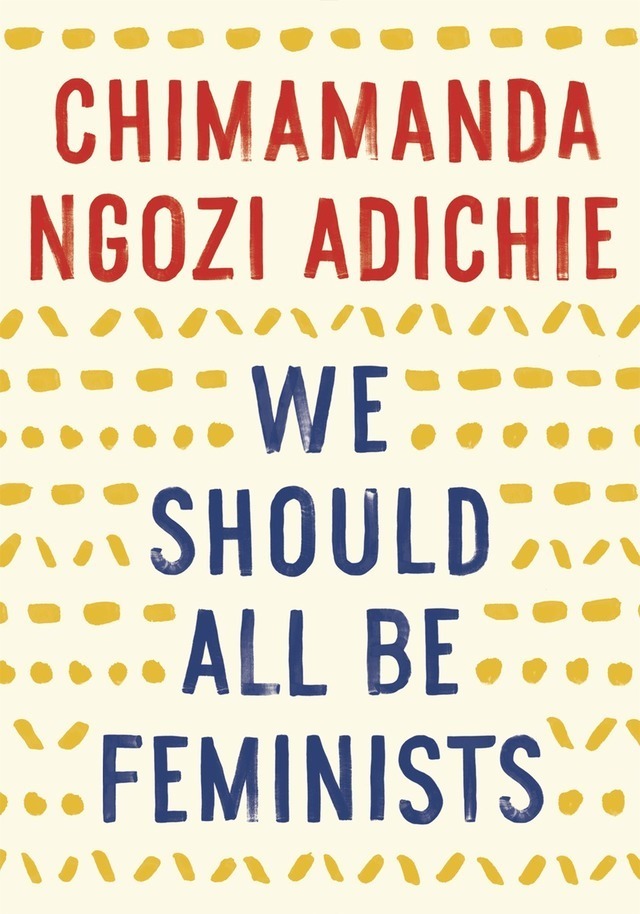






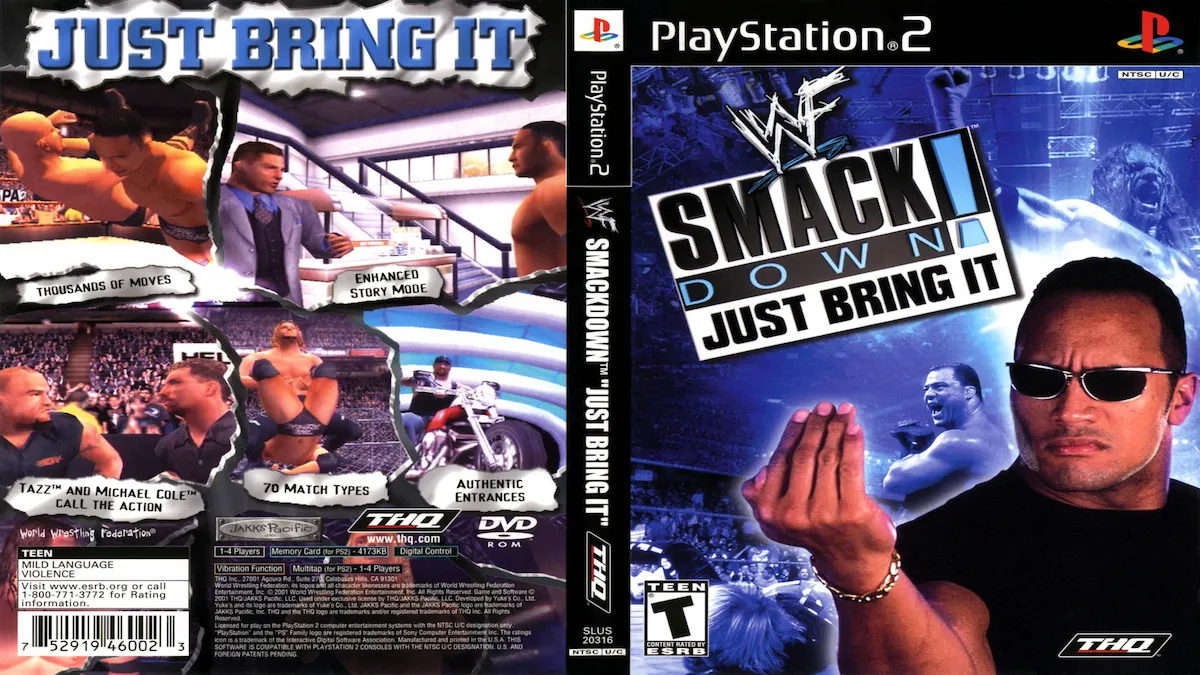
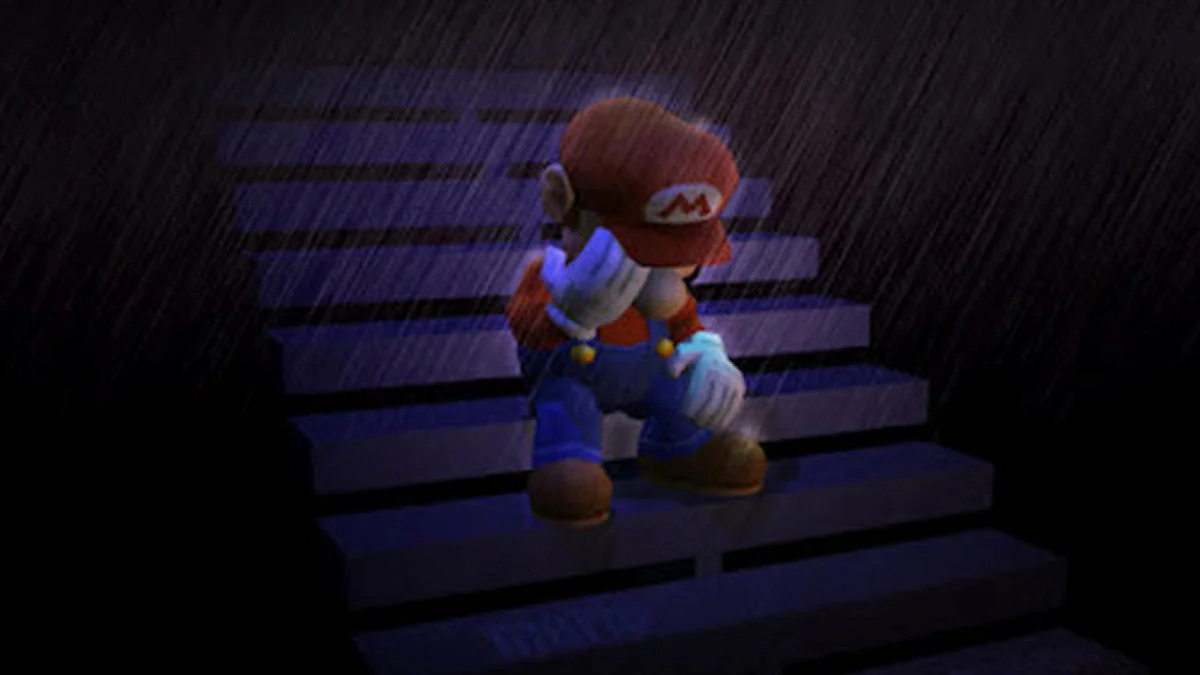
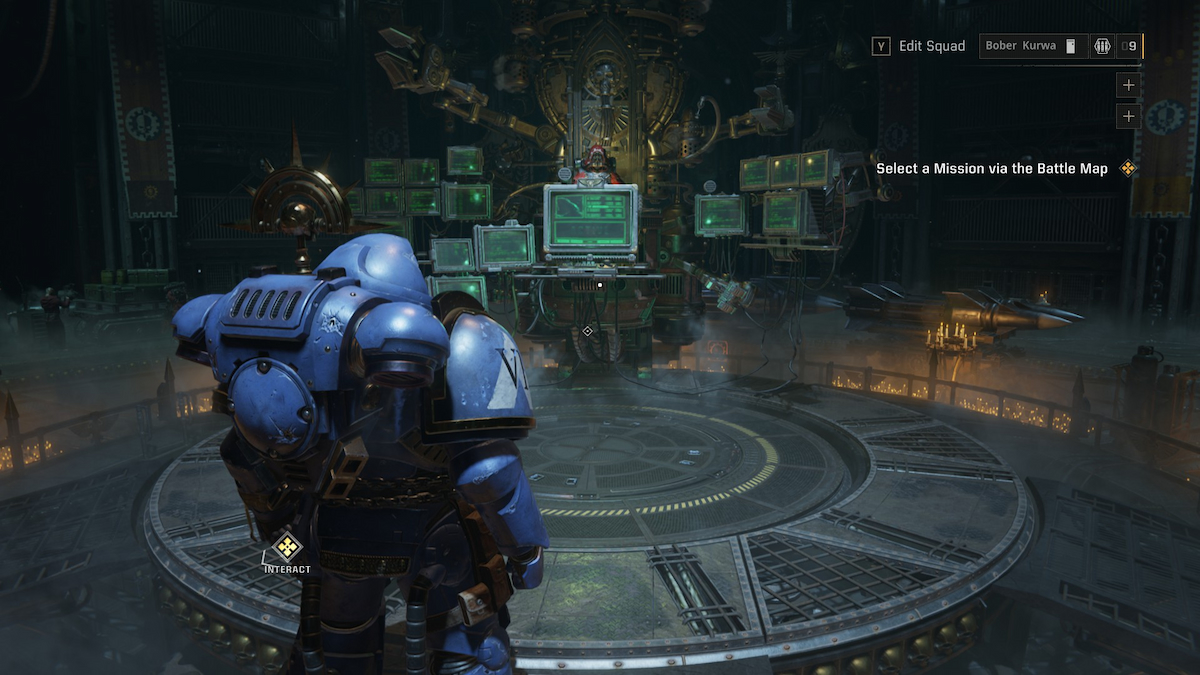
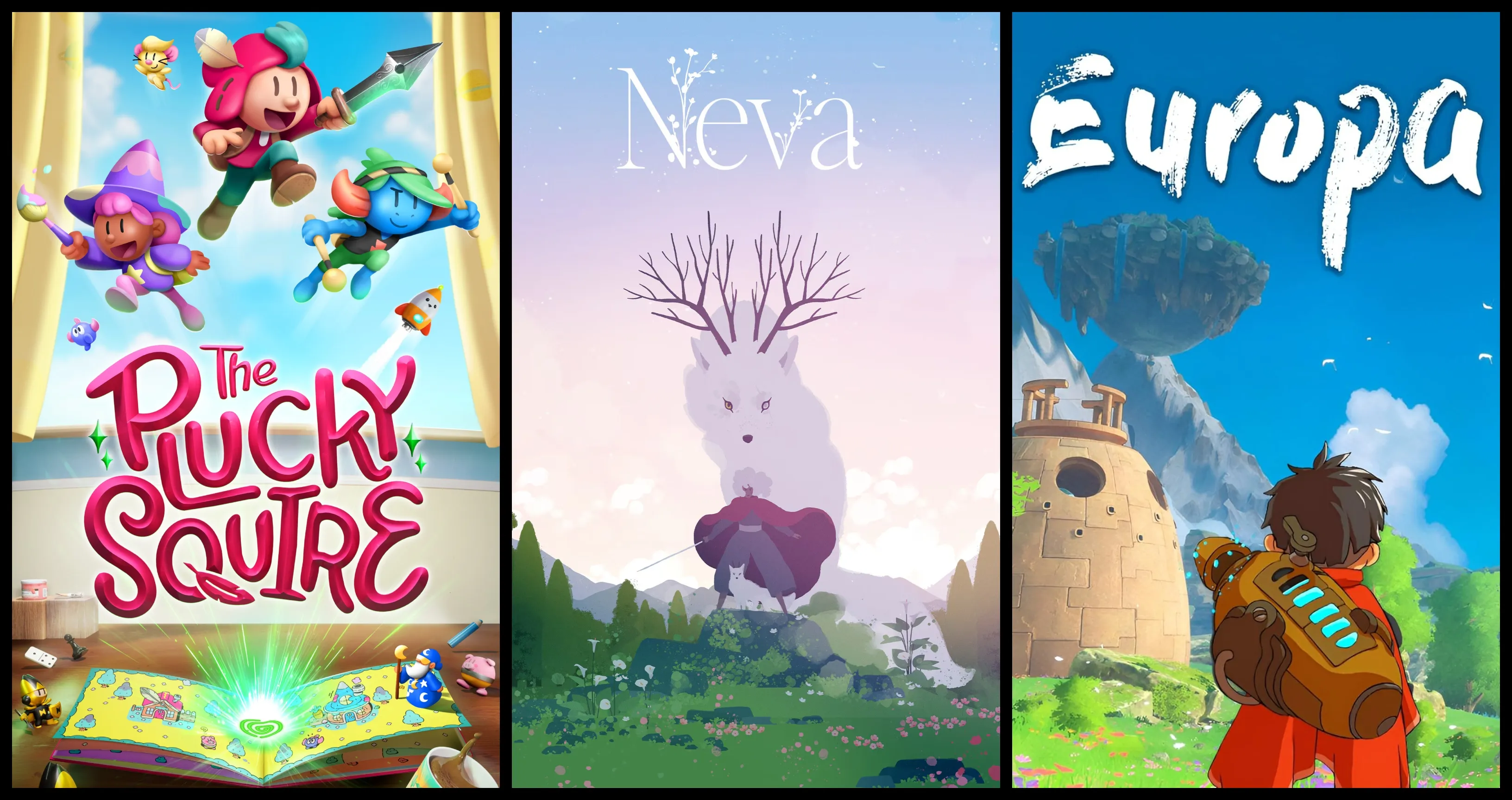
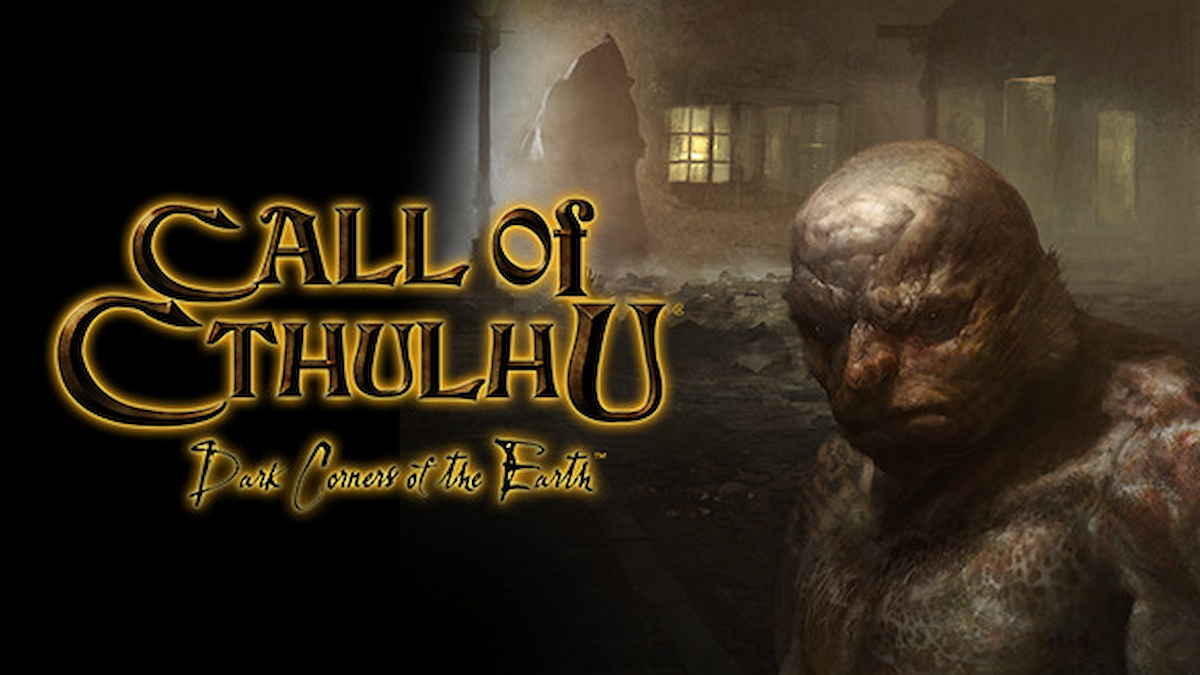
Published: Dec 22, 2015 01:31 pm